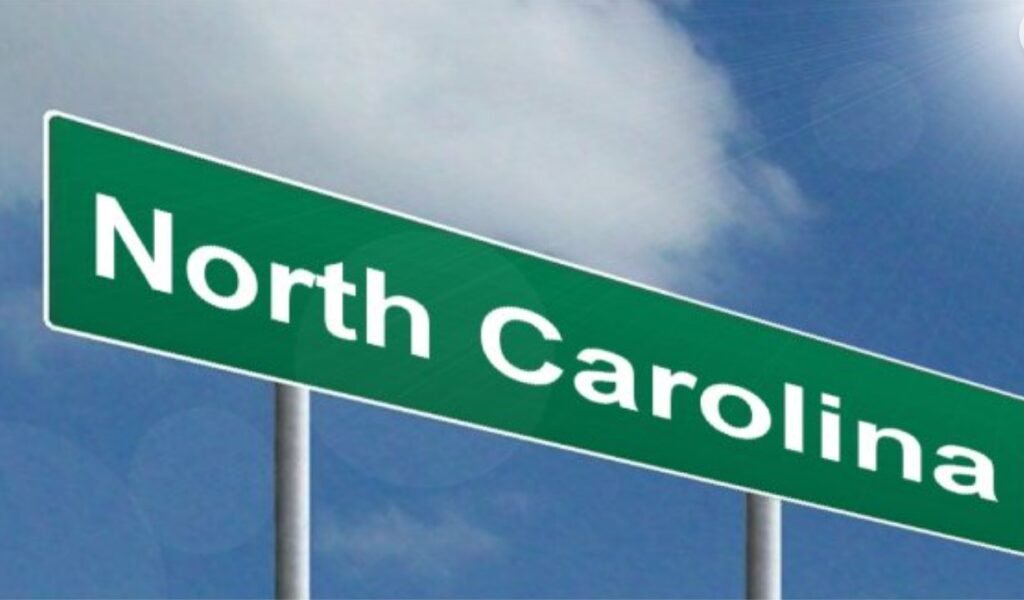The U.S. Department of the Treasury has approved a grant of $82.2 million for North Carolina to expand high-speed internet access in rural and underserved areas. The grant is part of the $10 billion Capital Projects Fund (CPF) established by the American Rescue Plan Act of 2021.
Governor Roy Cooper expressed his gratitude for the federal funding and said it would help connect thousands of North Carolinians to reliable and affordable internet service. He said the grant would fund his Stop-Gap Solutions Program, which aims to deliver broadband access to the state’s hardest to reach locations.
Accessing the internet is a necessity in today’s world, Governor Cooper said. We are grateful for the Biden-Harris Administration’s unwavering commitment to closing the digital divide here in North Carolina and across the nation.
The governor joined President Joe Biden in Raleigh on January 18, 2024, to announce the new investments as part of the Biden-Harris Administration’s Investing in America agenda.

How the Grant Will Be Used
The $82 million grant will be administered by the N.C. Department of Information Technology (NCDIT) Broadband Infrastructure Office, part of the Division of Broadband and Digital Equity. The office will use the grant to support broadband infrastructure projects that will benefit at least 16,000 homes and businesses in North Carolina.
The projects will be selected through a competitive process that will consider factors such as the number of unserved or underserved households and businesses, the cost-effectiveness of the proposed solutions, the speed and quality of the broadband service, and the readiness of the applicants to implement the projects.
The office will also coordinate with other state and federal broadband programs, such as the Growing Rural Economies with Access to Technology (GREAT) grants, the Completing Access to Broadband (CAB) program, and the Broadband Equity, Access, and Deployment (BEAD) program, to avoid duplication and maximize the impact of the funding.
The Benefits of Broadband Access
Broadband access is essential for economic development, education, health care, and social inclusion. According to the NCDIT, about 1.1 million North Carolinians lack access to high-speed internet, and many more struggle to afford it.
By expanding broadband access, the state hopes to improve the quality of life and opportunities for its residents, especially in rural and low-income areas. Broadband access can help create jobs, increase productivity, enhance learning outcomes, improve health outcomes, and foster civic engagement.
The NCDIT estimates that every dollar invested in broadband infrastructure generates $4.3 in economic benefits. The office also provides resources and assistance to help consumers and communities access and adopt broadband services.
